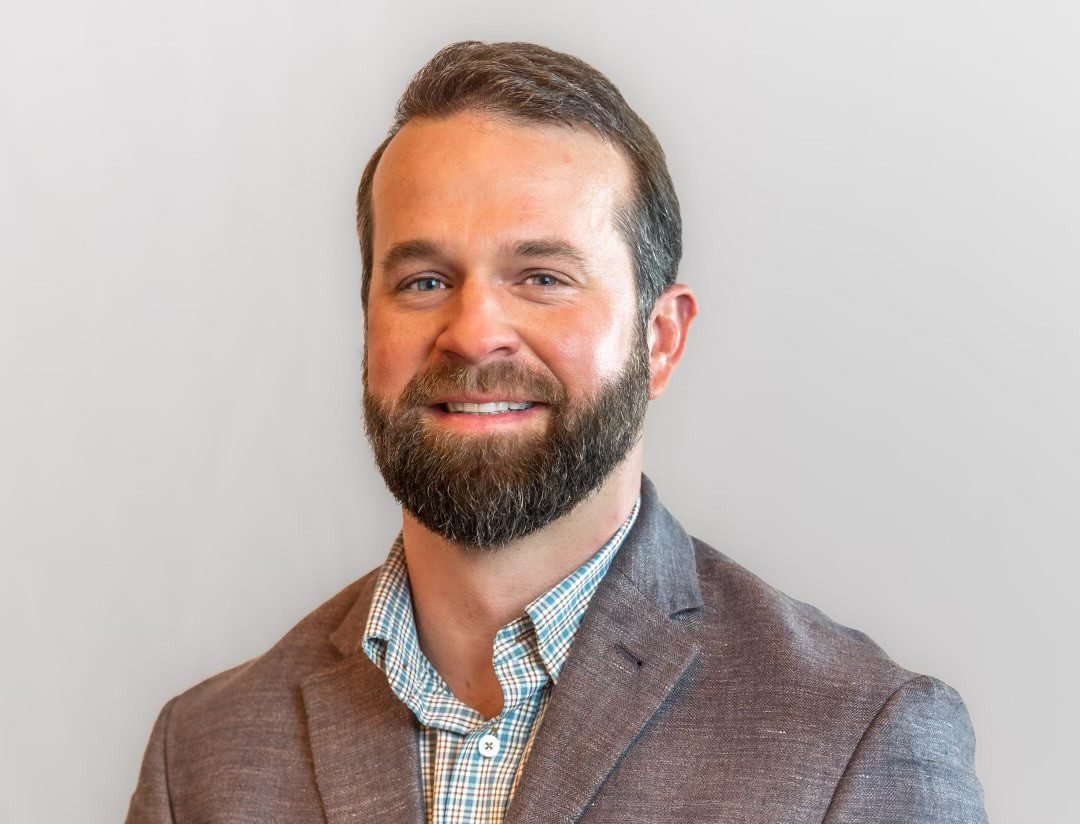
(Photo from Shutterstock)
- Ron Eller says the dysfunction in Washington isn’t just bad luck or partisan gridlock — it’s the natural result of entrenched power.
Across Mississippi and across America, people have lost faith in Washington. Poll after poll shows that Americans no longer trust Congress to act in their best interests. We see the gridlock, the partisan bickering, the endless investigations, and the broken promises — and we wonder what happened to the idea of public service.
The truth is simple: Congress has become a permanent political class. Too many members have turned what was supposed to be temporary service into lifelong careers. They’ve learned to game the system, raise money, and protect their positions rather than solve problems. And as they entrench themselves in power, our government grows more distant, more divided, and more dysfunctional.
It wasn’t supposed to be this way. The Founding Fathers envisioned a citizen legislature — ordinary Americans who would leave their farms, businesses, and communities to serve for a short time, then return home. They didn’t imagine Congress as a lifetime occupation. In fact, they fought a revolution to free us from rulers who stayed too long in power. George Washington, our first president, set the ultimate example when he voluntarily stepped down after two terms, refusing to let public office become a personal throne.
Term limits would restore that spirit of service. By capping how long lawmakers can serve, we can end the cycle of careerism that breeds corruption and cynicism. We can replace professional politicians with citizen legislators who know what it’s like to live under the laws they pass. And we can give voters a system that works for them again — not one that rewards incumbency and insider influence.
Ending Dysfunction and Restoring Accountability
The dysfunction in Washington isn’t just bad luck or partisan gridlock — it’s the natural result of entrenched power. When politicians know they can stay in office indefinitely, they have every incentive to focus on reelection instead of results. They spend their time dialing for dollars, courting lobbyists, and protecting their political careers. Meanwhile, issues that matter to everyday Americans — border security, debt reduction, healthcare reform, infrastructure — go unresolved year after year.
Term limits would change those incentives overnight. A representative who knows they have a limited time in office is more likely to focus on making a difference rather than maintaining a career. It would also open the door for new voices and new ideas — something Washington desperately needs. Congress should look like America: diverse, dynamic, and connected to the real world, not a closed club of insiders who haven’t faced a real election challenge in decades.
Bridging the Partisan Divide
Americans are tired of watching politicians treat each other as enemies instead of colleagues. Term limits would help cool the partisan warfare that has paralyzed Washington. When lawmakers don’t have to campaign for the next twenty years, they can afford to work together on real solutions instead of worrying about sound bites and attack ads.
In states that have enacted term limits, we’ve seen a renewal of energy and collaboration. Legislators focus on solving problems, not accumulating seniority. They build bipartisan coalitions and bring fresh perspectives to old debates. Mississippi knows the value of common-sense leadership — Washington could learn from it.
The People Want It — Congress Fears It
Perhaps the strongest argument for congressional term limits is the overwhelming support from the American people. Polls consistently show that more than 80% of voters — Republicans, Democrats, and Independents alike — favor term limits. It’s one of the few issues that truly unites us as a nation.
Yet Congress refuses to act. Why? Because the very people who would be limited are the ones who must vote to limit themselves. It’s a classic case of the fox guarding the henhouse. That’s why U.S. Term Limits is leading a grassroots, state-by-state movement to pass an Article V convention resolution calling for congressional term limits. If Congress won’t act, the states — and the people — will.
A Return to Founding Principles
The Founding Fathers built our republic on the principles of accountability, humility, and service. They believed government exists to serve the people, not the other way around. Term limits honor that vision. They remind our leaders that power is temporary and that true leadership means knowing when to step aside.
We don’t need career politicians to fix America. We need citizens who love their country more than their title, who are willing to serve their term, make their mark, and go home to live under the laws they helped create. That’s how we restore trust in government. That’s how we end dysfunction. And that’s how we return to the high ideals that made America the greatest experiment in self-government the world has ever known.
It’s time to make history again — by putting citizens, not career politicians, back in charge.







